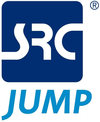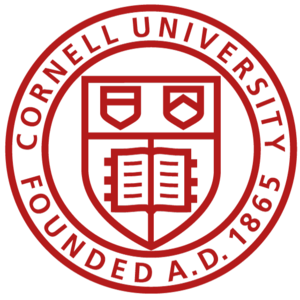Chairperson:
Benjamin Iñiguez, EDS BoG Member and Chair of the ED Spain Chapter
Tuesday, June 28 2022
8:30-9:30 “Characterization and TCAD modeling based design assessment of ultra-high voltage SiC devices,” Muhammad Nawaz (Hitachi Energy, Sweden)
9:30-10:30 “Nanoscale InGaAs FinFETs: Band-to-Band Tunneling and Ballistic Transport,” Jesús del Alamo (MIT, USA)
10:30-11:00 Coffee break
11:00-12:00 “Physics-Based Parameter Extraction for Thin Film Transistors,” Arokia Nathan (Darwin College, University of Cambridge, UK)
12:00-13:00; “Characterization and modeling of organic solar cells,” Lluís F. Marsal (University Rovira I Virgili, Tarragona, Spain)
13:00-15:00 Lunch
15:00-19:00 Meeting of the EDS SRC Region 8 Executive Committee
Wednesday, June 29 2022
11:00-12:00 “Trends and challenges in Nanoelectronics for the next decade,” Elena Gnani (University of Bologna, Italy)
12:00-13:00,“SPICE and Verilog-A Modelling Using FOSS TCAD/EDA Tools: Technology - Devices – Applications” (virtual), Wladek Grabinski (GMC, Switzerland)
13:00-14:20 Lunch
Joint Session
- MQ on CAD Modeling
- Graduate Student Meeting on Electronic Engineering
14:30-15:30 “Compact modeling of memristive devices for neuromorphic computing,” (virtual) Enrique Miranda (Autonomous University of Barcelona, Spain)
15:30-16:30 Physical Principles to Formulate Thin Film Transistor Models for Circuit Design (virtual), Samar Saha (Prospicient Devices, USA)
16:30-16:35 Closing remarks, B. Iñiguez





